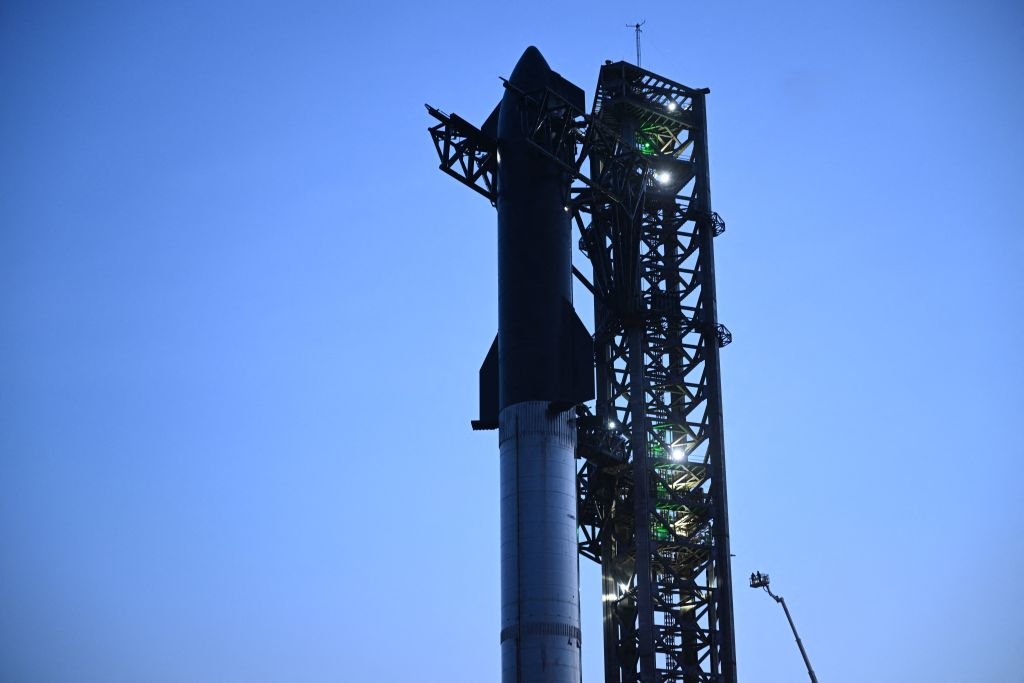European Academics Under Fire for Collaborating in Chinese AI Research Projects
A recent analysis conducted by the Mercator Institute for China Studies reveals that European academics are actively participating in AI research collaborations with Chinese counterparts that are raising ethical concerns. The analysis highlighted collaborations in areas such as biometric surveillance, cybersecurity, and military applications as particularly problematic.
The report highlights instances where researchers at the German military’s leading institute, Bundeswehr University Munich, have collaborated with a People’s Liberation Army university. The collaborative AI work focused on projects like drone target tracking and missile guidance, raising questions about the ethical implications of such partnerships.
Amid escalating tensions between Europe and Beijing, particularly over human rights, technological competition, and potential geopolitical conflicts, there has been growing scrutiny of research links with China. The report indicates that there are several ongoing EU-funded collaborations with Chinese military-linked universities, prompting the need for a closer examination of these partnerships.
The study also reveals that European researchers published over 16,000 AI-related papers with Chinese colleagues affiliated with institutions directly controlled by or closely tied to the Chinese military between 2017 and 2022. While a significant portion of the collaborations are in medical AI, the report identifies numerous papers presenting human rights, cybersecurity, or military risks, indicating the need for greater scrutiny of these collaborations.
The disproportionate funding sources and the higher number of Chinese-affiliated authors in co-authored papers are also a cause for concern, with 80% of the papers disclosed being funded by China, raising questions about China’s potential influence on research priorities.
Furthermore, the report emphasizes that the UK stands out in the analysis, with 21% of all UK AI papers in 2021 being co-authored with Chinese partners. This further points to concerns regarding an emerging dependency on Chinese collaborators and the potential risks involved.
As part of addressing these issues, the report recommends the need to recalibrate AI ties with China, urging better mapping of the AI ecosystem and stronger due diligence by European partners engaging in research. It also highlights the importance of involving Chinese talent in discussions about safe and ethical research practices.
The study comes in the wake of a private, three-day summit organized by Scale AI, a data security contractor working with OpenAI and the US Army, which aimed to facilitate discussions on industry challenges. The AI Security Summit, attended by military and AI leaders, coincided with AI regulations talks between US President Biden and Chinese President Xi Jinping, adding more urgency to the need for a closer examination of such research partnerships.
At the same time, the US Army has unveiled a new AI-based tool called the Advanced Dynamic Spectrum Reconnaissance (ADSR), aimed at enhancing electronic warfare missions. The technology enables wireless communication networks to detect and evade enemy jamming while reducing radio frequency emissions to minimize risks for friendly forces.
Overall, the report underscores the need for a more cautious and critical approach to collaborations in AI research with Chinese partners, particularly those affiliated with the military. This serves as a timely wake-up call for European academics, institutions, and policymakers to reevaluate their ties with Chinese research partners to ensure that ethical and security considerations are given due attention.

I have over 10 years of experience in the cryptocurrency industry and I have been on the list of the top authors on LinkedIn for the past 5 years. I have a wealth of knowledge to share with my readers, and my goal is to help them navigate the ever-changing world of cryptocurrencies.




